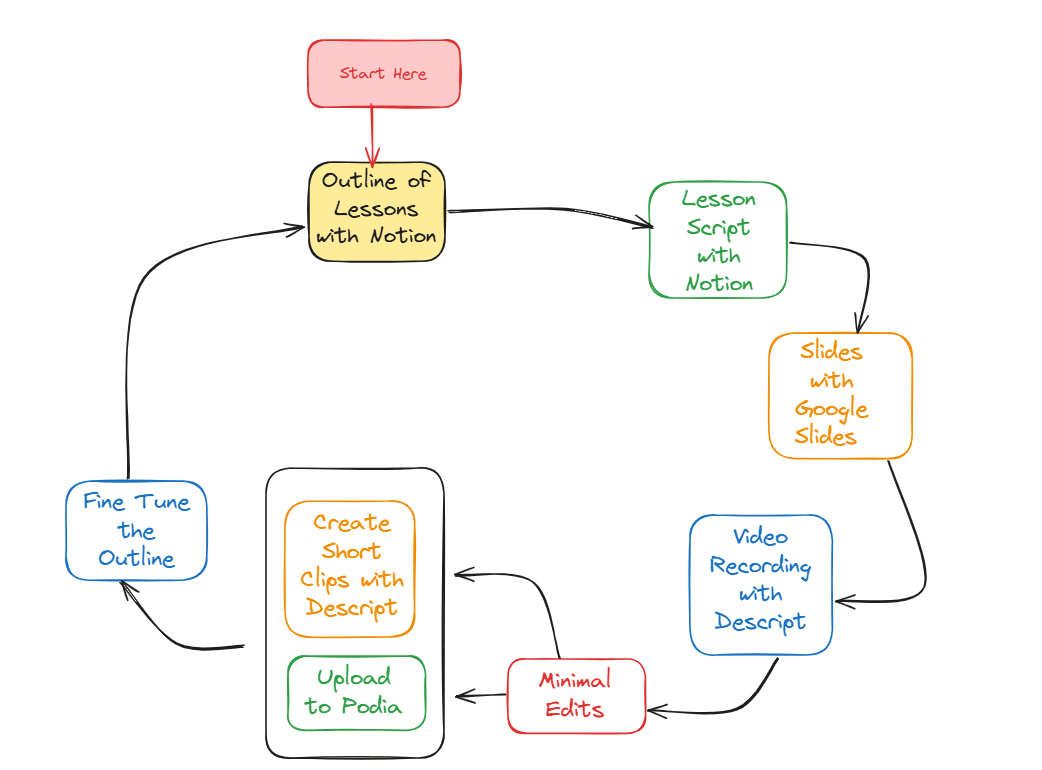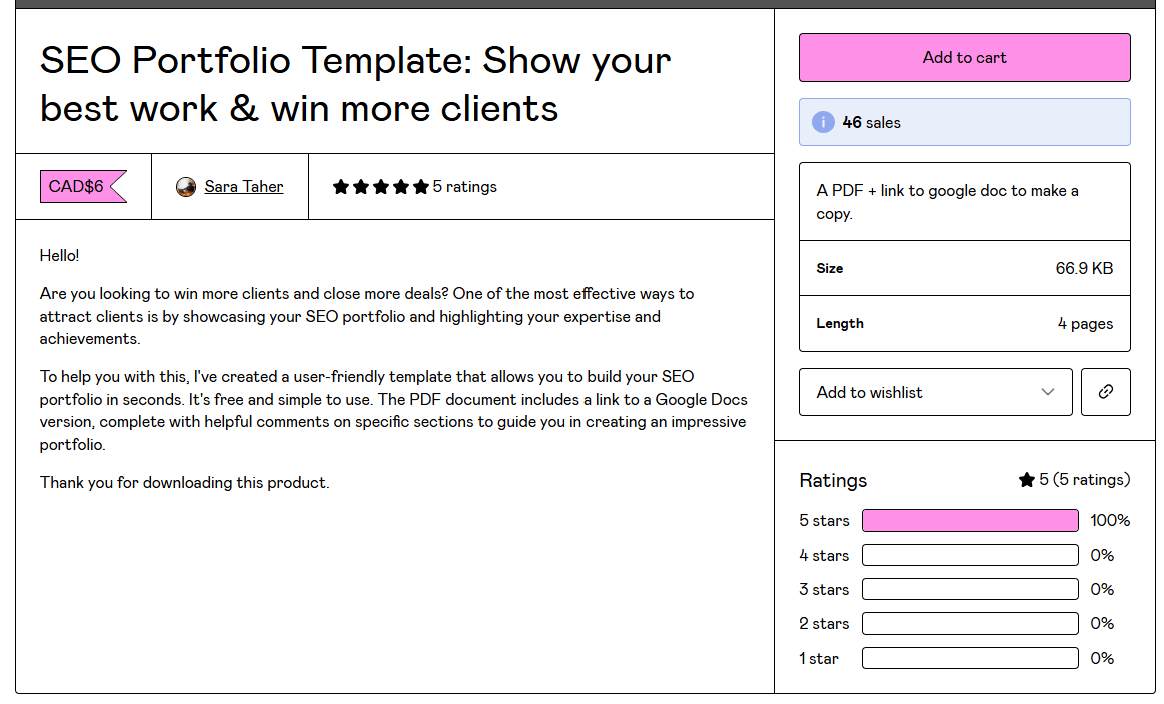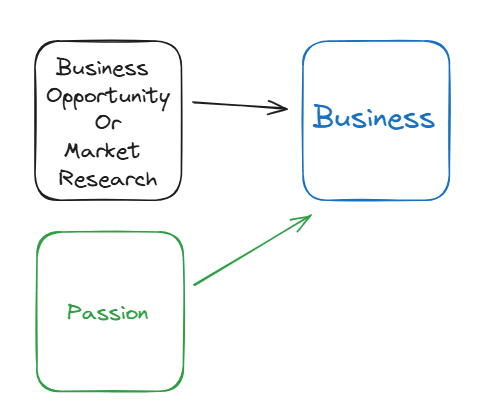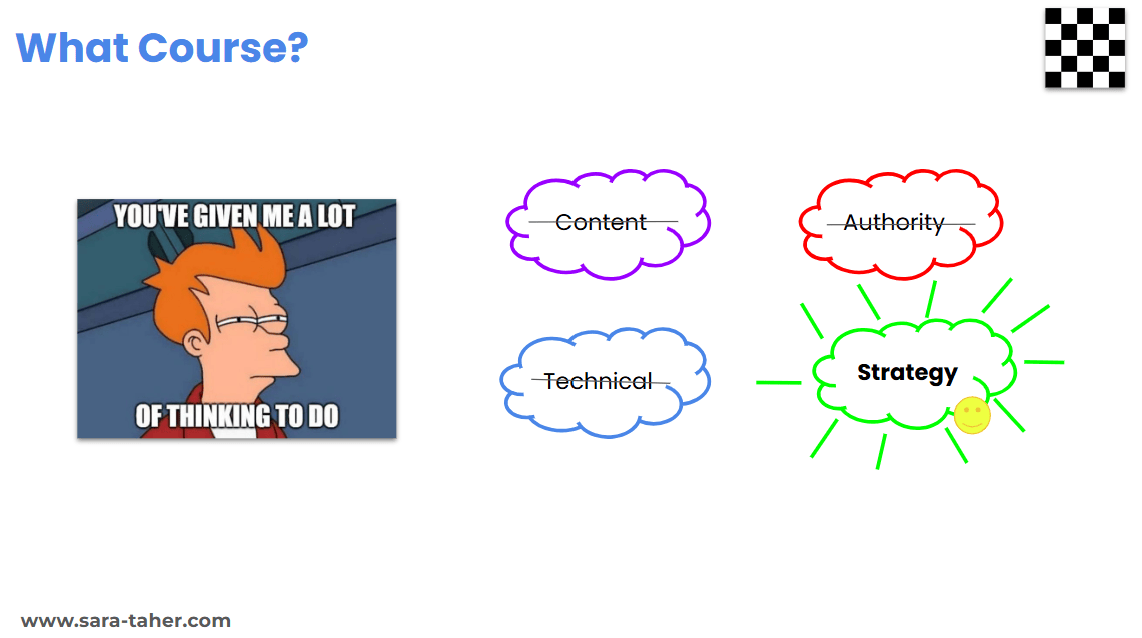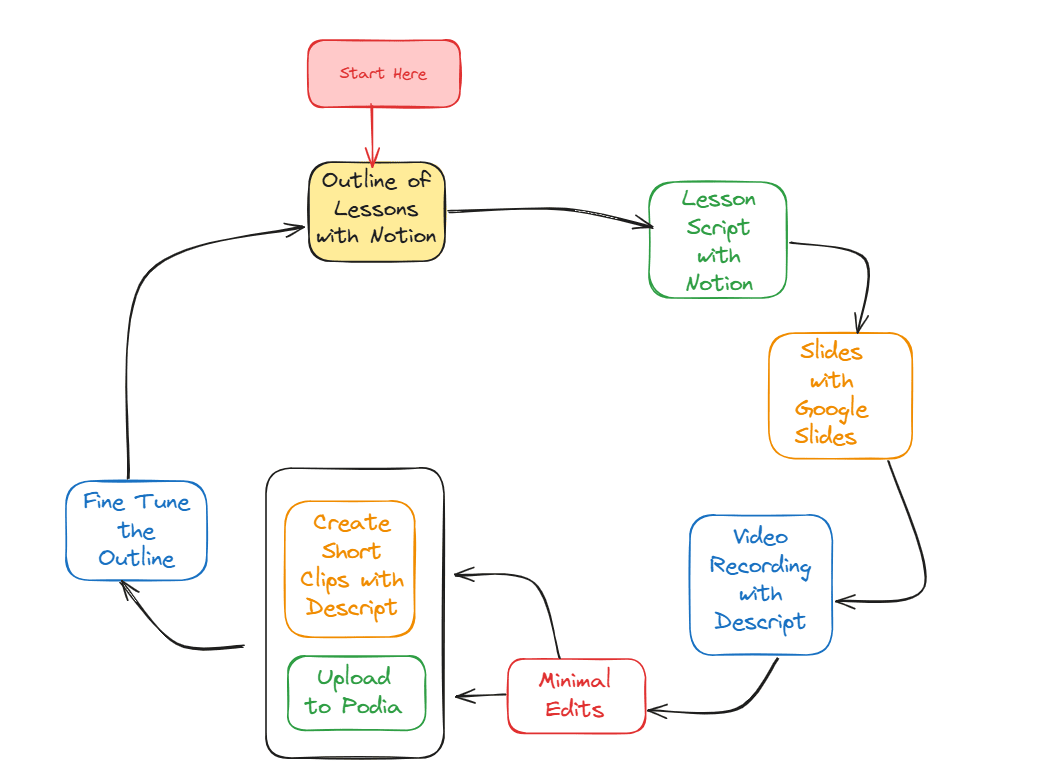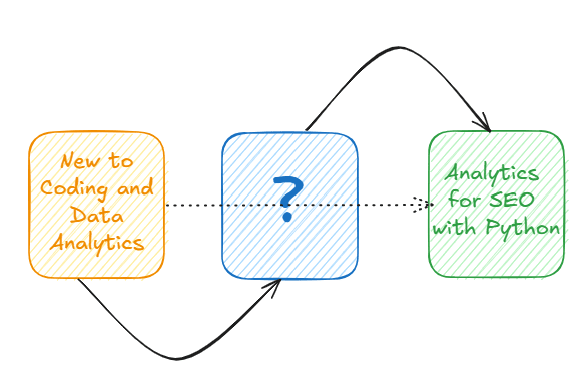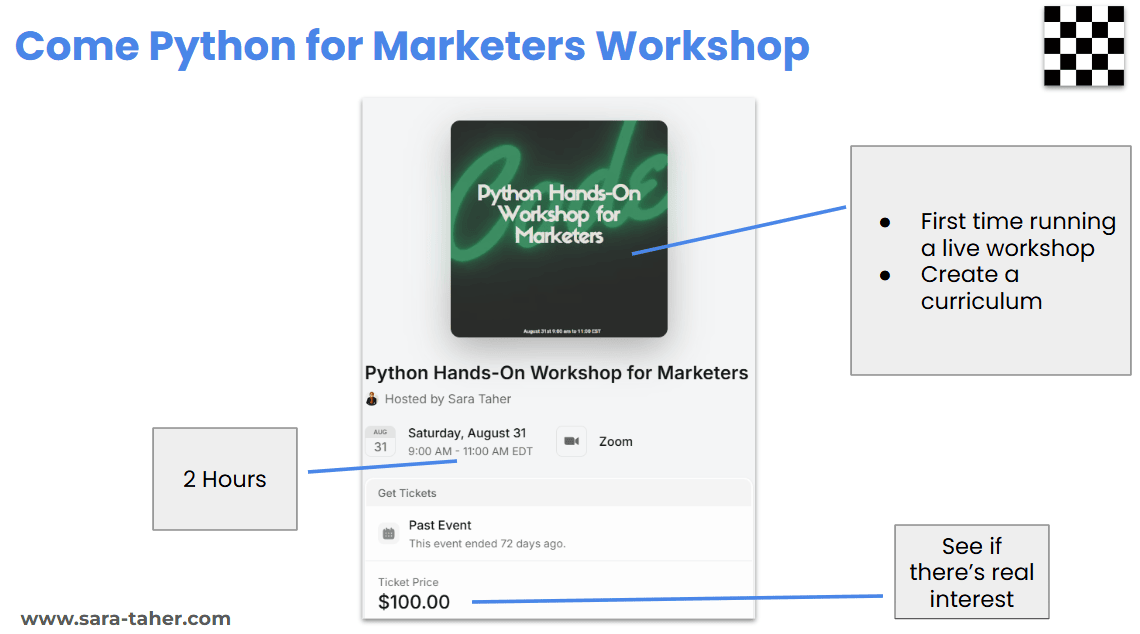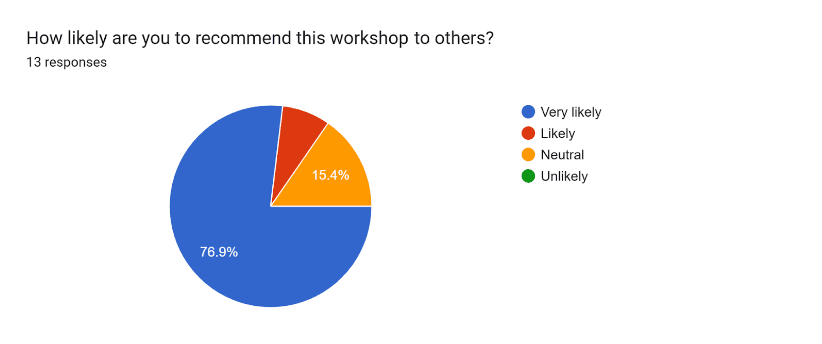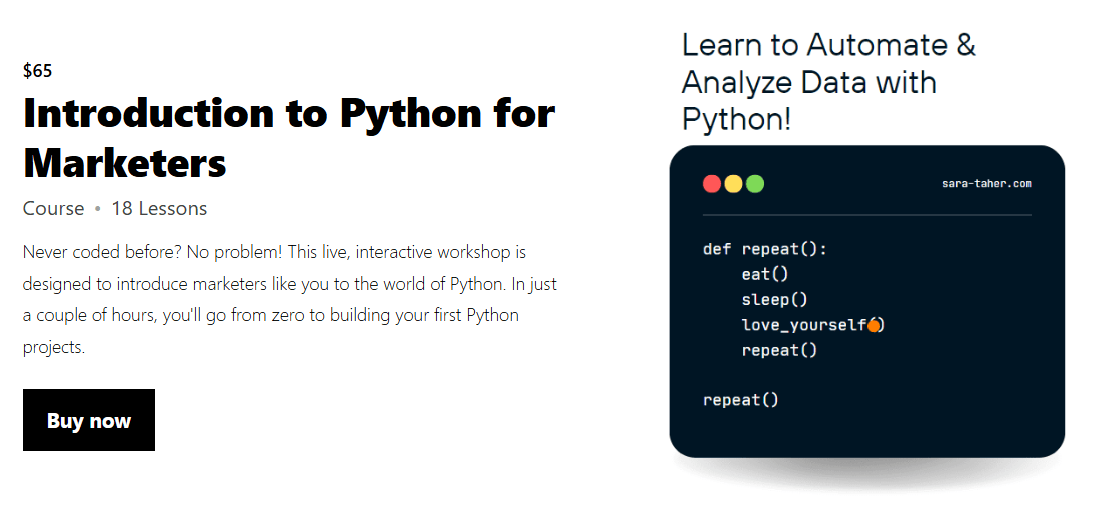A Tale of Two Courses: How I Became an SEO Course Creator!
I ran a webinar recently where I discussed my journey into becoming an SEO course creator. So I decided to convert this to a blog as well. Here's my journey, how it started and why, and behind the scene details of what goes into creating a lesson every time!
Check out my Python for Marketers Training
Why did I create two courses? One Upon a Time....
1# Selling digital assets
Back in 2022 I have been working on building my personal brand for a while and I felt I was in a place to start selling digital assets. I was not sure what type of assets to create and I didn't really have much time. I launched a small template on Gumrod. It went well, the ratings where great, but it was a small simple template for $6 and that's was it.
The SEO Riddler Newsletter
Join the newsletter to receive the latest updates in your inbox.
2# I love creating
I like to build things. I built an online magazine, a startup, an ecommerce. I have a passion for building and creating. I got asked often after I started promoting my course, why did you build an SEO strategy course? is this based on market research? Actually it's not like that.
There are two reasons to launch a new business idea. One is based on market research, and the other is you just follow your passion. I love SEO, I wanted to create digital assets, so a course made sense.
In my experience the best things to build are the things you're passionate about because to be successful you'll need to spend so much time and effort (and money) on whatever you're building and you won't be able to endure that if you don't have that spark inside of you towards that thing to keep you going. It also will help you stay motivated despite any failures you may face, and there will be failures and things that don't work out - it's a natural part of launching things!
Some people follow the money and create what they think will sell and that's fine, but for me I follow my passion most of the time.
3# I had time
I lost my job earlier this year, and I was job hunting and I had some free time. So that made revisiting the old "building digital assets" possible and I also like to stay busy and productive so it made sense that I use this extra time I have towards creating a course.
What Course?
So what course? there are few buckets in SEO, technical, content, link building and strategy. After some thinking I decided that the area where I can provide unique value is SEO Strategy.
The Process
As someone who has never created a course before, this is the process I came up with:
The Python Course
After I started working on my SEO Strategy course, I was offered a cool collaboration opportunity with Marco Giordano. Marco has just launched his Analytics for SEO course and offered to give me free access to the course in exchange for sharing about it on LinkedIn. If you want to learn all about analytics and data analysis, I recommend you check out Marco's course.
When I started going through Marco's course, I also noticed something that might make it challenging for many marketers diving in for the first time. I saw a gap. Marco's course dives deep into data analysis concepts, using Python mainly as a tool. For anyone new to coding and data analytics, that’s a lot to process simultaneously. Starting with two complex fields—coding and data analytics—can be overwhelming. I realized a bridge was needed, something that would serve as an introduction to Python without immediately going full force into data concepts.
So, I thought, why not create that missing stage? A workshop where marketers could get comfortable with Python first, see what’s possible, and build a foundation before tackling analytics head-on. Python isn’t just for data; it can be used for automation, machine learning, even working with large language models. If marketers could first gain confidence with Python on its own, that next leap into analytics (whether through Marco’s course or another advanced option) would feel a lot less intimidating.
Recognizing a Skill Gap in SEO
More and more, basic Python skills are becoming valuable in SEO. It’s no longer just a "nice-to-have" on a resume; in fact, you might even be asked about it in interviews or find you need it to perform day-to-day tasks very soon. With these trends in mind, I knew there was real value in a workshop specifically for marketers who want to learn Python and how to use it for their SEO work.
Creating a Workshop: A "One-and-Done" Approach
I didn’t want this to be yet another lengthy course where people slowly work through modules. I wanted something quick and effective—a two-hour, live workshop. This would give marketers everything they need to start using Python without spending weeks studying. It’s a “one-and-done” event, with the goal of equipping them to confidently take the next steps in data analysis or automation projects.
The workshop also fills a unique niche. Most Python courses out there go into programming fundamentals or concepts that aren’t directly relevant to marketers. My focus is on practical applications: automating tasks, basic data handling, and using Python in a way that truly complements their SEO or marketing work.
Setting a price was challenging since it was my first time running a live coding webinar, so I used it as a form of validation to see if there was real interest.
Running the workshop live allowed me to get immediate feedback, which was incredibly valuable for refining the curriculum. Participants shared constructive feedback, most of it positive, but also with suggestions that helped me improve the material. The overall response was encouraging, with most attendees expressing that they’d recommend it.
Learning and Iterating
After the first workshop, I realized there were areas for improvement. I was nervous, spoke too quickly, and needed a more structured approach. Instead of just editing the session recording, I decided to re-do the session entirely to provide a polished final product for attendees.
This experience taught me that even though a condensed, intense workshop works for some, others benefit from a more flexible pace. People need time to absorb complex concepts, and it made me consider adding an option for self-paced learning.
Creating Course Content: The Process
Interestingly, creating content for the Python workshop was very different from my SEO strategy course. While SEO lessons could take up to eight hours to complete, the Python lessons were faster to prepare, averaging two to three hours. However, recording unscripted coding lessons was challenging because it required multiple retakes and edits, especially as I worked to improve my speaking pace and clarity.
Using Google Collab to code and record in real-time allowed me to stay hands-on and demonstrate everything directly. Despite the challenges, I felt more confident over time as I learned to streamline my recording process and focus on what marketers specifically need in Python.
What This Experience Taught Me
One of the biggest lessons I’ve learned is that perfection isn’t necessary. Initially, I would redo entire videos for minor mistakes, but over time, I learned to accept that a bit of human error doesn’t impact the overall quality. Embracing imperfection has made creating content much more manageable.
Another important takeaway? Keeping videos short. I noticed course participants took more time to get past videos longer than 10 minutes. Moving forward, I’m committed to shorter videos to keep the content digestible.
Pricing has also been a learning curve. I’m still figuring out the right balance, taking into account both what I would pay and the value provided. By gathering input from participants and colleagues, I’m getting closer to finding the ideal price point.
Everything is “Figureoutable”. Creating this workshop has reminded me that everything is figureoutable. No matter the hurdles, you can always learn, adapt, and improve. Whether you’re building a course, workshop, or any new project, small steps lead to progress.
This journey has been one of growth, learning, and persistence, and I’m excited to see where it leads next. Check out my Python Training here and feel free to reach out if you have any questions! Thanks for reading my story!

